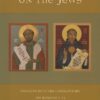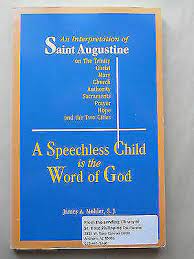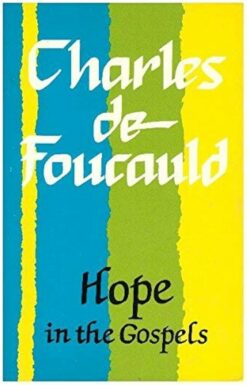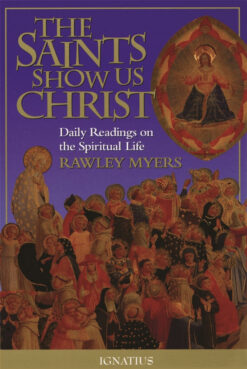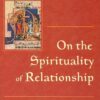-
×
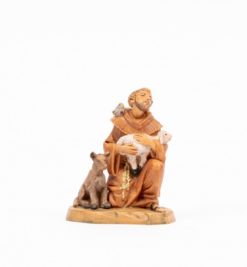 11CM ST. FRANCIS & ANIMALS (649)
1 × €15.00
11CM ST. FRANCIS & ANIMALS (649)
1 × €15.00 -
×
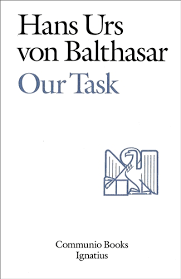 OUR TASK
2 × €15.00
OUR TASK
2 × €15.00 -
×
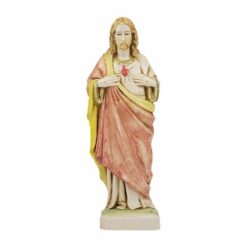 18CM SACRED HEART OF JESUS
1 × €10.50
18CM SACRED HEART OF JESUS
1 × €10.50 -
×
 DONUT MAN BARNYARD FUN & ON THE AIR
1 × €14.00
DONUT MAN BARNYARD FUN & ON THE AIR
1 × €14.00 -
×
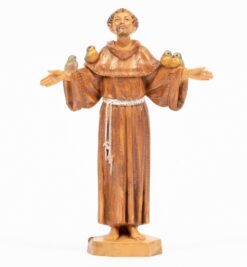 17CM S.FRANCESCO 655
1 × €15.00
17CM S.FRANCESCO 655
1 × €15.00 -
×
 MEZZANIORRHIS
1 × €7.00
MEZZANIORRHIS
1 × €7.00 -
×
 JIDDU BHAX-XEMX
1 × €4.65
JIDDU BHAX-XEMX
1 × €4.65 -
×
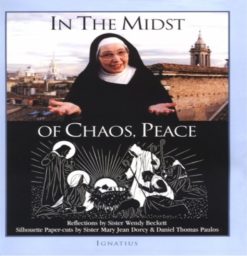 IN THE MIDST OF CHAOS, PEACE
1 × €18.00
IN THE MIDST OF CHAOS, PEACE
1 × €18.00 -
×
 THE GOD WHO FELL FROM HEAVEN
1 × €10.50
THE GOD WHO FELL FROM HEAVEN
1 × €10.50 -
×
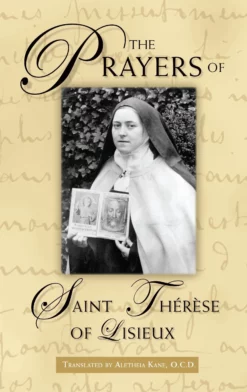 THE PRAYERS OF ST. THERESE OF LISIEUX
1 × €5.00
THE PRAYERS OF ST. THERESE OF LISIEUX
1 × €5.00 -
×
 URODIVOI
2 × €4.65
URODIVOI
2 × €4.65 -
×
 THE STORY OF CHRISTMAS
1 × €13.50
THE STORY OF CHRISTMAS
1 × €13.50 -
×
 WITH GOD AND WITH MEN
1 × €8.50
WITH GOD AND WITH MEN
1 × €8.50 -
×
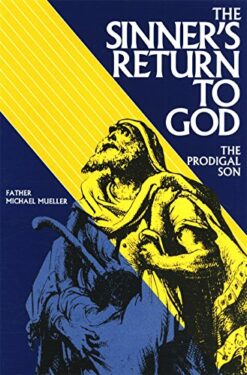 THE SINNER'S RETURN TO GOD
1 × €12.80
THE SINNER'S RETURN TO GOD
1 × €12.80 -
×
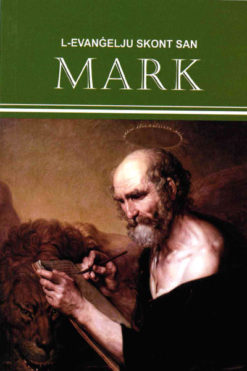 L-EVANGELJU SKOND SAN MARK
1 × €2.50
L-EVANGELJU SKOND SAN MARK
1 × €2.50 -
×
 THE SECOND TWELVE MONTHS OF LIFE
1 × €7.00
THE SECOND TWELVE MONTHS OF LIFE
1 × €7.00 -
×
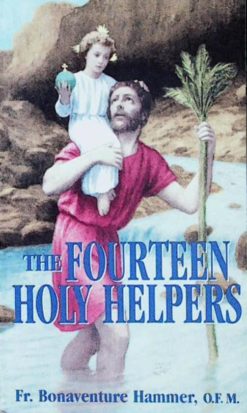 THE FOURTEEN HOLY HELPERS
1 × €7.00
THE FOURTEEN HOLY HELPERS
1 × €7.00 -
×
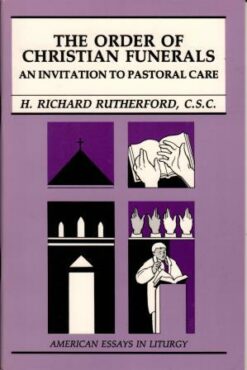 THE ORDER OF CHRISTIAN FUNERALS
1 × €4.00
THE ORDER OF CHRISTIAN FUNERALS
1 × €4.00 -
×
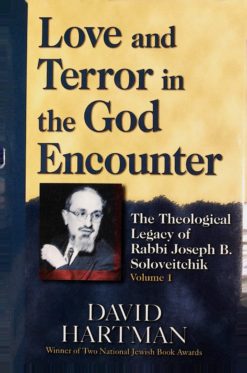 LOVE AND TERROR IN THE GOD ENCOUNTER V 1
1 × €10.50
LOVE AND TERROR IN THE GOD ENCOUNTER V 1
1 × €10.50 -
×
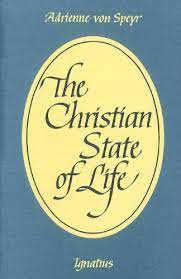 THE CHRISTIAN STATE OF LIFE
1 × €16.00
THE CHRISTIAN STATE OF LIFE
1 × €16.00 -
×
 DONUT MAN AFTER SCHOOL & THE REPAIR SHOP
1 × €14.00
DONUT MAN AFTER SCHOOL & THE REPAIR SHOP
1 × €14.00 -
×
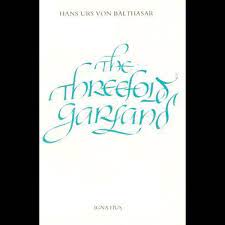 THE THREEFOLD GARLAND
3 × €9.50
THE THREEFOLD GARLAND
3 × €9.50 -
×
 IN HIS WILL
1 × €2.30
IN HIS WILL
1 × €2.30 -
×
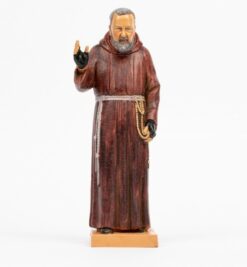 30CM PADRE PIO 891
1 × €40.00
30CM PADRE PIO 891
1 × €40.00 -
×
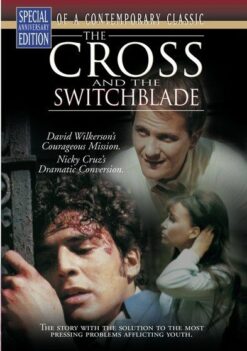 THE CROSS AND THE SWITCH BLADE
1 × €15.50
THE CROSS AND THE SWITCH BLADE
1 × €15.50 -
×
 NEW ELUCIDATIONS
1 × €11.65
NEW ELUCIDATIONS
1 × €11.65 -
×
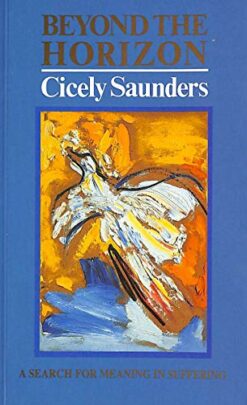 BEYOND THE HORIZON
1 × €8.15
BEYOND THE HORIZON
1 × €8.15 -
×
 LIVING MOMENTS OF LOVE
1 × €1.99
LIVING MOMENTS OF LOVE
1 × €1.99 -
×
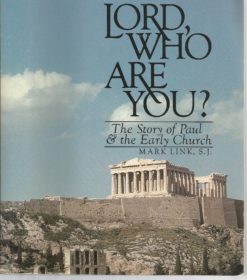 LORD WHO ARE YOU? THE STORY OF PAUL & TH
1 × €7.00
LORD WHO ARE YOU? THE STORY OF PAUL & TH
1 × €7.00 -
×
 SPOKE OF LOVE
1 × €2.30
SPOKE OF LOVE
1 × €2.30 -
×
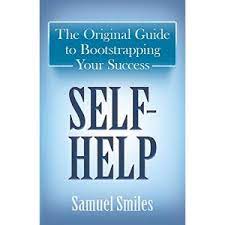 SELF-HELP
1 × €2.35
SELF-HELP
1 × €2.35
On The Spirituality Of Relationship
€17.00
In stock


